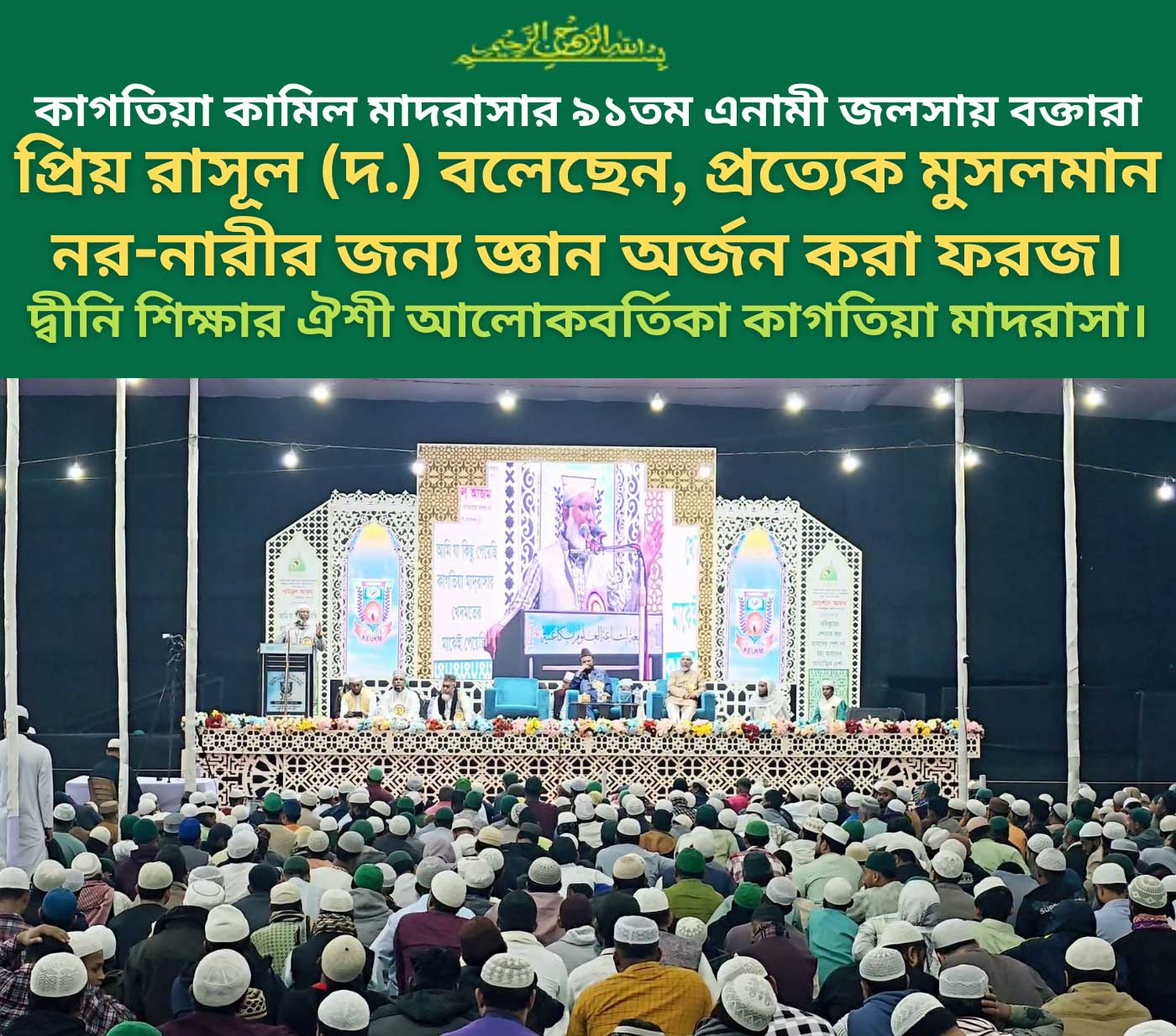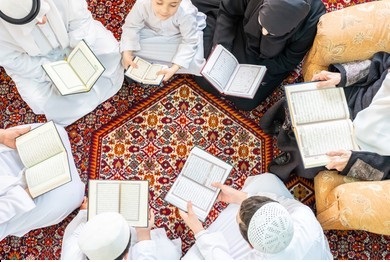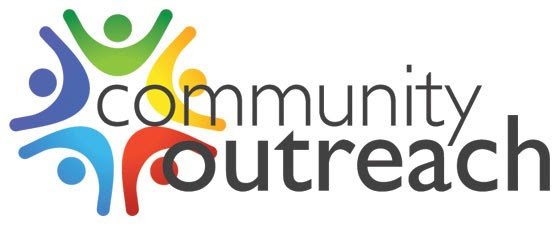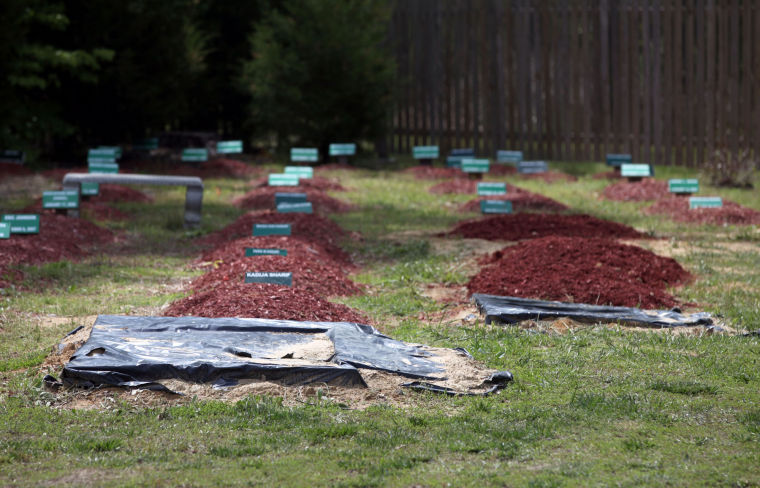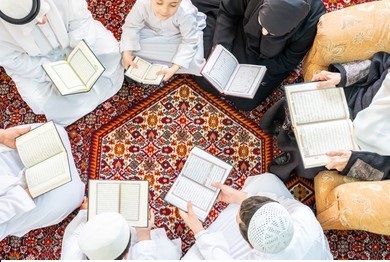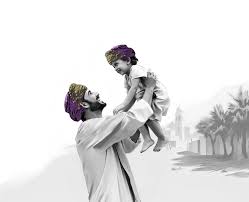
Embracing Diversity: Buffalo's Move to Integrate Islamic Holidays into the School Calendar
In Buffalo, New York, a significant initiative by the Buffalo Islamic Cultural Center aimed at recognizing Islamic holidays within the public school system exemplifies the growing acknowledgment and integration of the Muslim community's needs within broader societal structures. This move, aimed at allowing Muslim students to observe their religious holidays without the pressure of missing academic activities, represents a vital step toward fostering inclusivity and respect for diverse cultural practices.
The request by the Buffalo Islamic Cultural Center focuses on two main Islamic holidays: Eid-al-Fitr and Eid-al-Adha. Eid-al-Fitr, celebrated after the holy month of Ramadan, is a time for community gathering, feasting, and prayers, marking the end of a month-long fast. Eid-al-Adha, on the other hand, commemorates the willingness of Ibrahim (Abraham) to sacrifice his son in obedience to God's command, observed with special prayers and the distribution of meat to the poor and needy.
The recognition of these holidays within the school calendar is not merely a matter of granting days off; it is an acknowledgment of the importance of these days in the lives of Muslim students and their families. It allows students to celebrate their faith's milestones without compromising their educational commitments, thereby reducing any potential stress or alienation they might feel in having to choose between their educational obligations and religious duties.
Moreover, this initiative by the Buffalo Islamic Cultural Center underscores the broader theme of religious accommodation in public spaces, reflecting a commitment to pluralism and mutual respect in a diverse society. By supporting such measures, educational institutions contribute to building an environment that values and respects cultural and religious diversity.
In essence, the push for recognizing Islamic holidays in Buffalo schools is more than an administrative measure; it symbolizes a deeper recognition of and respect for the cultural and religious identities of all students. It encourages a sense of belonging and acceptance among Muslim students, promoting a more inclusive and empathetic community ethos that resonates with the foundational values of diversity and respect in American society.

